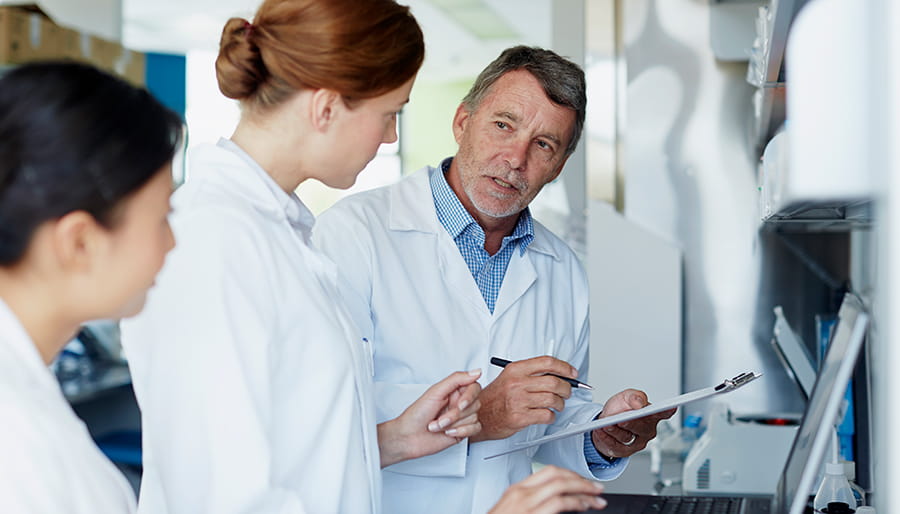Long prescribed to treat everything from the common cold to serious infections, antibiotics are a mainstay within modern medicine – 34% of Europeans took them in 2016 alone1. Antibiotics are also, however, a blunt instrument against a range of rapidly evolving organisms, and their ability to fight infection is trailing behind the evolutionary progress of the bacteria they are meant to combat. This phenomenon, known as antibiotic resistance, leaves all of us vulnerable to harm from diseases and infections that these same medicines once easily cured.
The fatal facts of antibiotic resistance
In the EU, antibiotic-resistant infection kills 33,000 people each year2. A United Nations report released earlier this year estimated that this annual figure could climb to 10 million worldwide by 20503. Even wild animals, both on land4 and in water5, have been found to harbor resistant bacterial strains due antimicrobial resistance genes spreading within ecosystems, causing bacteria and microbes to build resistance over time.
The importance of using antibiotics responsibly
Many factors contribute to the global rise of antibiotic resistance. Although human consumption of antibiotics is lower in volume than animal agriculture use, owing to the bigger number and total weight of animals raised every year, current levels can still prove harmful.
Patients prescribed antibiotics who fail to consume the full dose can cause lingering bacteria – which are often the strongest strains – to reproduce and create a more resistant next generation. Also, a third of prescriptions for antibiotics are considered unnecessary6: for example, antibiotics cure only bacterial illness, but nonetheless are often needlessly prescribed to treat viruses that do not respond to them.
Four ways to help stem the threat of antibiotic resistance
As a global community with a responsibility to address this challenge, what can we do? While many of these factors are out of our control, here are some ways to help stem the threat of antibiotic resistance, both locally and on a larger scale:
- Understanding our role in the use of antibiotics is paramount. Those which are prescribed to us are a straightforward place to start: avoid using antibiotics for infections that could be viral, and confirm illness is bacterial before treating with antibiotics.
- If given a prescription, make sure to take every dose prescribed to optimize efficacy and minimize the risk of helping bacteria build immunity.
- Avoid contaminating local ecosystems and waterways by disposing of excess medicine properly (most cities and municipalities provide instructions on how best to do so at the local level).
- Beyond our own antibiotic use, choosing to consume meat, dairy and eggs from animals raised with minimal use of antibiotics will encourage more cautious use of them within the food industry.
Global cooperation to pave the way
The interest in improving animal welfare and thus naturally reducing consumption of antibiotics in the food chain is on the rise, especially in Europe. Many farmers, for example in Denmark and the Netherlands, are focusing on such initiatives resulting in a decrease in antimicrobial use in those countries.
A successful solution to the global challenge of antibiotic resistance will require global cooperation. By shifting our own behaviors to encourage the responsible use of antibiotics, we can help pave the way for a future where we can continue to rely on their protection.
1 https://www.ncbi.nlm.nih.gov/pmc/articles/PMC6338985
2 https://www.sciencedaily.com/releases/2018/11/181106104213.htm
3 https://www.who.int/news/item/29-04-2019-new-report-calls-for-urgent-action-to-avert-antimicrobial-resistance-crisis
4 http://www.cidrap.umn.edu/news-perspective/2019/06/urban-wildlife-may-add-antibiotic-resistance-threat
5 https://www.sciencedaily.com/releases/2019/09/190915130055.htm
6 https://www.cdc.gov/media/releases/2016/p0503-unnecessary-prescriptions.html



